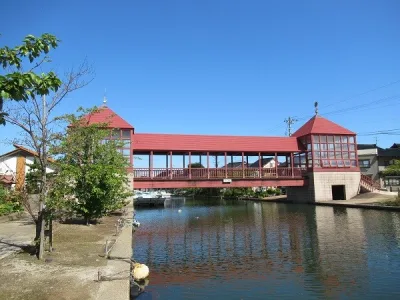
Chubu
The region of Chubu is composed of the prefectures of Gifu, Nagano, Aichi, Shizuoka, Ishiakwa.
-
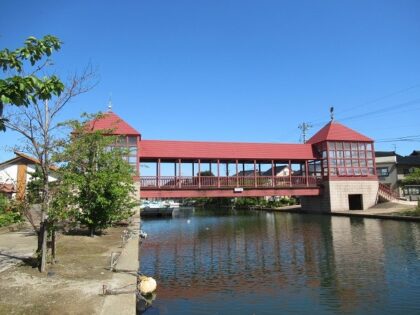
Shinminato, Toyama | Beautiful Nature and Delicious Crabs
Shinminato is a town in Imizu City facing Toyama Bay. You can enjoy watching crab auctions and fresh seafood at the fish market, a beautiful sailing boat, and a nostalgic canal cruise.
-
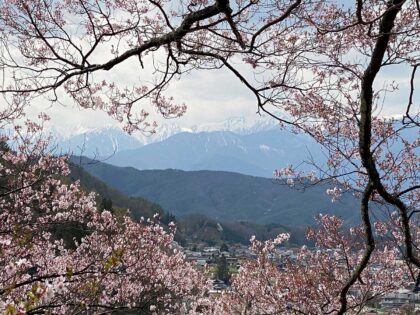
Takato Joshi Park | Beautiful cherry blossom viewing spots in Nagano
One of the most impressive cherry blossom spots in Nagano is the Takato Joshi Park. See our beautiful pictures taken this spring.
-
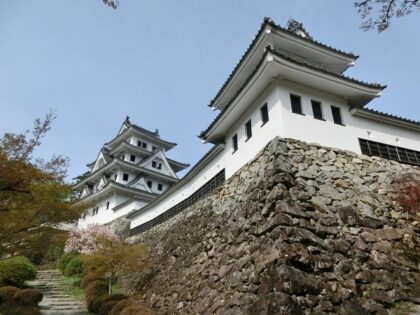
Gujo Hachiman, Gifu | Beautiful Castle and Castle Town
Gujo Hachiman is a beautiful old town in Gifu Prefecture. It attracts many visitors because of the castle on the hill, beautiful streets with channels, plastic food sample workshops, and a dance festival.
-
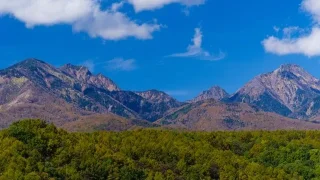
Yatsugatake, Nagano | Beautiful mountain scenery
Yatsugatake is a mountain range in central Japan where you can enjoy trekking, skiing, and mountain biking. Learn more about this natural paradise in Nagano!
-
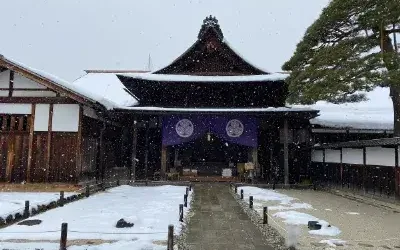
Takayama Jinya in Gifu | Magnificent mountain scenery and gorgeous alpine
Takayama Jinya is a well-preserved historic building in Takayama. It is a great place to visit for those interested in historical Japanese buildings. Find out what to expect on a visit!
-
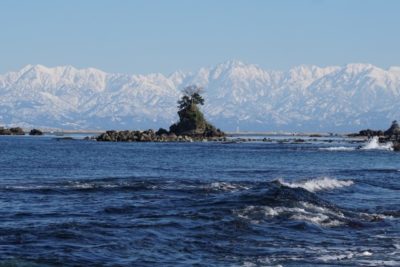
Takaoka City | A town with many Attractive Cultures
Takaoka in Toyama prefecture has plenty of attractions; beautiful scenery on the coastline, unique history, metal production, an anime museum, and more!
-
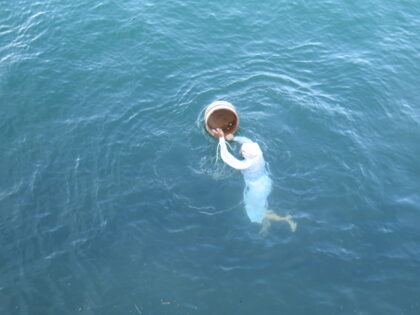
Mikimoto Pearl Island | Beautiful Cultured Pearls and Divers
On Mikimoto Pearl Island you can learn about pearl cultivation and see a demonstration by Ama divers catching pearl oysters. Learn more about this special place in Japan!
-
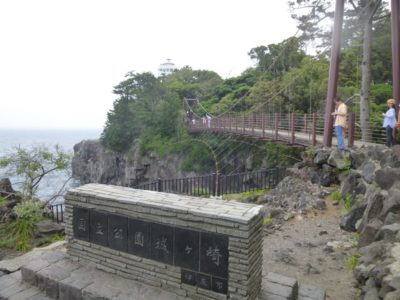
Izukogen, Shizuoka | Very popular Resort Area
Izukogen is is a popular resort area for Tokyoites because it is not far from Tokyo. There are many beaches, hot springs, and sightseeing spots. Find out where to go!
-
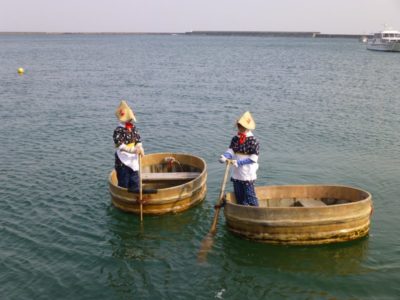
Sado Island | Experience Unique Culture and Nature
Sado island is a popular destination for local tourists because of its unique nature, history and culture. There are plenty of attractions; a gold mine, crested ibis forest, and old towns.
-
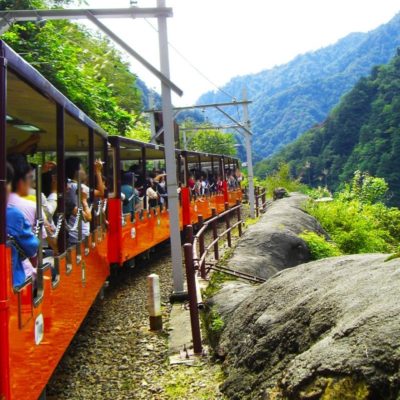
Kurobe Gorge Railway with Spectacular Views
In the Kurobe Gorge in Toyama, you can enjoy breathtaking views from the Kurobe Gorge Railway train. See what there is to discover in this beautiful natural area!
-
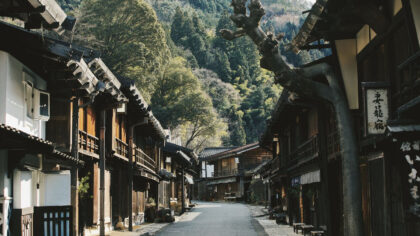
Nakasendo Trail | Unspoiled nature and beautiful countryside
If you are planning to walk a part of the Nakasendo trail to see the pretty old post towns and natural beauty in between, this travel guide will be of use for you.
-
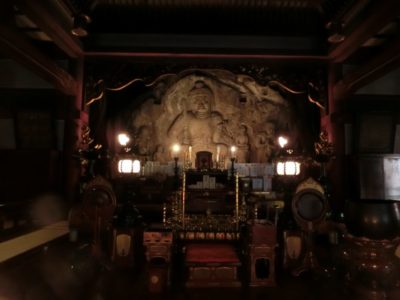
Oiwasan Nissekiji Temple | Waterfall Meditation, a special meditation that can only be done here
Oiwasan Nissekiji is an off the beaten path Buddhist temple founded about 1,300 years ago in Toyama. Learn more about the ‘waterfall practice’ you can do here!
-
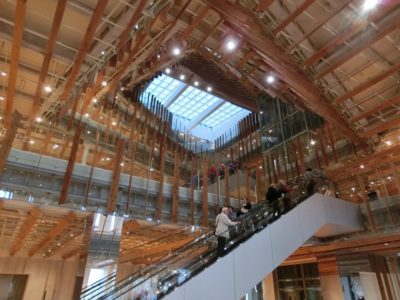
Toyama City | Rich in seafood and known as a Medicine Town
Toyama city doesn’t get many foreign visitors, but there are several attractions that make the prefectural capital worth a visit. Learn more about Toyama’s attractions!
-
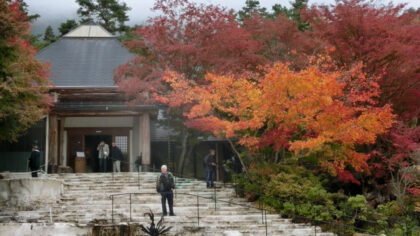
Itchiku Kubota Art Museum | A special world of exquisite dyed works
In 1994, textile dyeing artist Itchiku Kubota built a museum with his name in a perfect place, with a majestic view of Mount Fuji and serene Lake Kawaguchi.
-
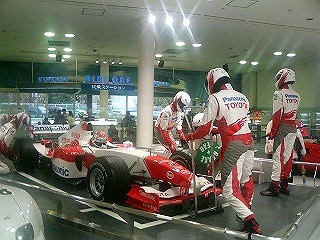
Toyota, Aichi | A City that is at the Cutting Edge of the Car World
Toyota City is known for the great Toyota Museum and car factory, but did you know that the city also has an interesting history? Learn more about this city near Nagoya!
-
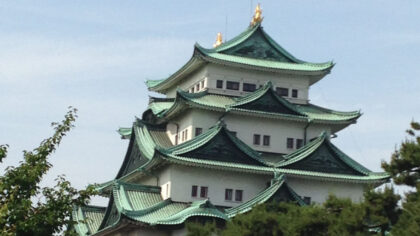
Nagoya, Aichi | The Center of Japanese Industry
Nagoya doesn’t feature often on tourists’ itineraries, but If you would still find yourself in Nagoya, there are plenty of interesting places to see here. Find out where to go!
-

Centrair Airport in Nagoya | one of Japan’s Leading Airports
Are you starting your visit to Japan in the middle of Honshu island? Chances are that you will be landing at Centrair Airport in Nagoya. Learn more about this convenient airport!
-
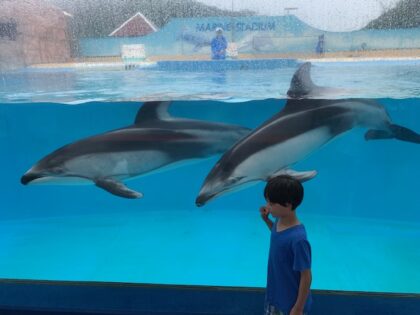
Shimoda, Shizuoka | Beautiful subtropical beaches
You don’t need to go all the way to Okinawa if you want to go to a white sandy beach with azure blue waters. Volcanic peninsula Izu has its fair share of wonderful beaches.
-
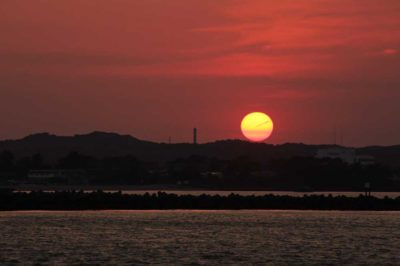
Lake Hamanako, Shizuoka | Fun leisure facilities and beautiful scenery
Lake Hamanako is a resort area, with an amusement park and onsen with lake views. Located on the way between Tokyo and Kyoto, it is a good place to make an overnight stop.
-
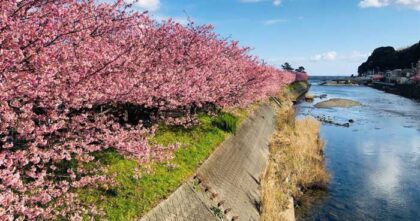
Kawazu, Shizuoka | Flowers bloom all year round, and the area is full of natural attractions
Kawazu is only a small town, and it is a good spot to include in your itinerary if you want one or a few days of nature and rest with fewer international tourists.